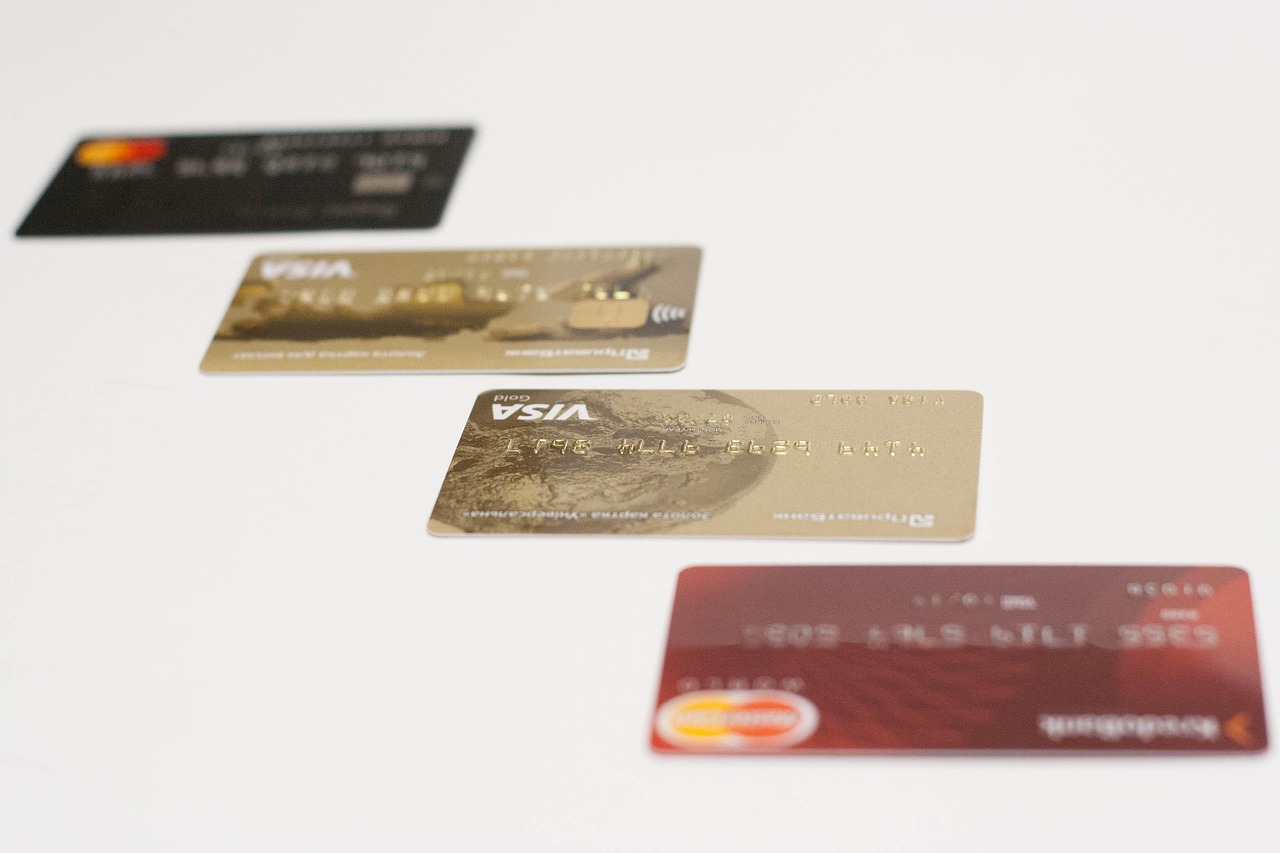Physical Address
304 North Cardinal St.
Dorchester Center, MA 02124
Physical Address
304 North Cardinal St.
Dorchester Center, MA 02124

Home of all Learning...

Home of all Learning...


Let’s start this journey by looking beyond the surface and going into the real questions: What is a credit card really used for? Why are they scarce in some African countries? And how do we redefine their value in a continent bursting with potential but limited by systemic barriers?
For many Africans, especially those who live in cash-based economies, the idea of “buy now, pay later” is both strange and risky. We grew up hearing our parents say things like, “If you don’t have the money, don’t buy it.” Debt, in this context, felt like failure.
But a credit card, when viewed differently, isn’t about encouraging debt — it’s about building financial character. It gives the user a chance to demonstrate responsibility, planning, and accountability. When you use a credit card well, you’re not just buying things — you’re building a reputation that could unlock loans, mortgages, and even business capital.

Read Also – How I Saved $380 in 14 Days Without Giving Up Netflix or Coffee
Yes, but they’re rare. Most banks issue debit cards that pull directly from your account. True credit cards, where a bank lends you money and expects repayment later, are often limited to wealthier customers or people with formal jobs.
But imagine a different Africa.
Imagine a market woman in Enugu, or a mechanic in Nairobi, with a digital credit profile — not based on salary slips, but based on transaction history and peer credibility. What if credit cards weren’t just for the elite, but for anyone with digital footprints proving they’re trustworthy?
This is what Africa needs — a credit system that fits us, not one imported blindly.
Let’s say your credit card limit is $500.
Someone in America might use $450 and pay back the balance next month. But in Africa, that might be two months’ salary. So, how much should you use?
Use only what you know you can replace — not what you hope to repay. Financial freedom is not in spending, it’s in control. If you can’t repay it comfortably before the due date, don’t use it yet. That $500 is not your money — it’s trust in plastic form. Abuse it, and you might close doors unknowingly.
Many people ask, “How much of my $500 credit card should I use?” A smart African response? Use no more than 30% of it. This builds a healthy credit score (where it applies) and keeps your mind at peace.
A debit card is like a wallet. You can only spend what you have. A credit card is like your uncle’s wallet — you can borrow, but you must return it on time, or risk disrespecting the relationship.
In Africa, debit cards dominate. Most people prefer to operate within their earnings. But this also limits our financial inclusion. We must educate our people on how credit cards can be used wisely, not recklessly.
Why this matters: Imagine a student who wants to pay for an online course but doesn’t have enough savings. A credit card can bridge the gap. If she finishes that course and lands a job, then the card was not a debt tool — it was an empowerment tool.
Read Also – Top 10 High-Income Skills to Learn in 2025
The idea of instant approval sounds like magic: apply today, swipe tomorrow. But nothing is free.
Instant approval often comes with high interest rates. In Africa, where regulations can be loose and predatory lending is real, we must guard our people from falling into traps.
Always ask: Why was I approved so fast? What are the terms? What is the interest rate? Can I opt-out? Financial literacy must come before financial access.
See Also – Tired of the 9–5? These Jobs Don’t Make You hate Every Monday
We don’t need all the varieties that exist abroad. What Africa needs are credit cards that understand our seasonal income, cultural spending habits, and lack of centralized credit systems.
This isn’t about copying the West — it’s about building financial tools for Africans, by Africans.
To many elders, the idea of borrowing is shameful. But today’s world demands flexibility. We must teach younger Africans that responsible credit use is not a sin.
When a man borrows ₦50,000 to buy a grinding machine, and repays it monthly, he’s not just settling a bill — he’s building economic muscle.
We must reframe how we talk about credit:
Let’s be honest: most Africans don’t even have a credit score. But when credit begins to spread, there will be failures.
That’s okay.
The key is to design second-chance credit systems — where people can recover, rebuild, and re-enter the system without permanent punishment.
The West uses secured cards, prepaid cards, or co-signed cards. We can go further:
This is not about plastic. This is about power.
If we can create a new credit card culture — rooted in responsibility, inclusion, and technology — then we’re not just swiping for goods. We’re unlocking a future.
Let’s stop asking whether Africa is “ready for credit cards.” Let’s start building the kind of credit system Africa is ready for.
And maybe, just maybe, that plastic in your wallet won’t be just a card — it will be a badge of trust, growth, and hope.